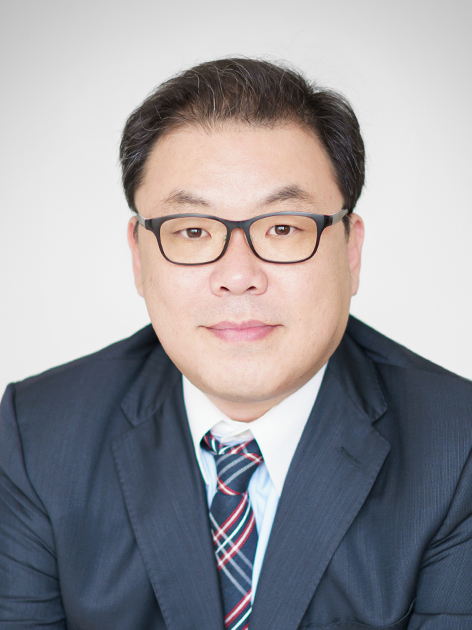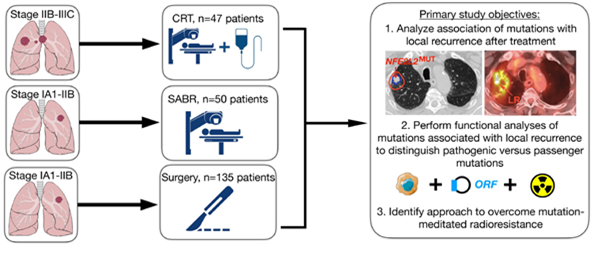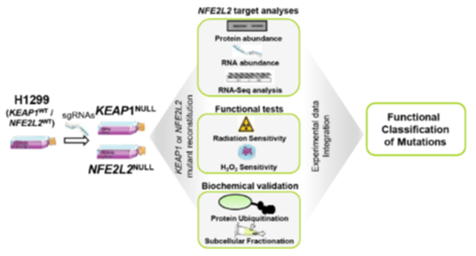Prof. Young-jun Jeon of Integrative Biotechnology,
Suggested the Possibility of the World’s First Radiation Targeted Treatments Customized for Lung Cancer Patients
 [Image 1] Prof. Young-jun Jeon
[Image 1] Prof. Young-jun Jeon
The research team led by Young-jun Jeon, a professor of Integrative Biotechnology, identified that the degree of activity of KEAP1-NFE2L2 Pathway,a major mechanism of antioxidant, is an important factor in determining theprognosis of lung cancer patients using radiation targeted treatment. They also suggested the possibility of the world’s first radiation targeted treatments customized for lung cancer patients.
Until now, most customized chemotherapies were focused onchemical chemotherapy, while radiation therapy has never examined the possibility. Thus, the research team analyzed 230 lung cancer patients using the Next Generation Sequencing (NGS) technology. As a result, a high recurrence rate and correlation were obtained after radiation treatment in a group of patients with mutations in the genes of KEAP1/NFE2L2.

[Image2] Research Diagram
Among 232 lung cancer patients, samples were taken from 97 patients who received radiation treatment to analyze genes and divide them into recurrent groups and treated groups to identify the recurrence factor of cancer. (1) To verify this, they used cellular biological methods (2) to find radioactive resistance factors and to study ways to overcome them (3).
※ Extract image: Cancer Discovery DOI:10.1158/2159-8290.CD-20-0282
In this research, they also revealed that KEAP1-NFE2L2 is a radiation factor using genetic technique and is caused by an abnormal Glutamine metabolism frequently found in lung cancer patients at the same time. Additionally, the team suggested that radiation resistance can be overcome using factors that disrupt it.
This research is evaluated as a result of presenting the possibility of applying the concept to different types of cancer, as well as contributing to maximizing the therapeutic effect of lung cancer patients by demonstrating a new paradigm that radiation therapy should also change the treatment method according to the genetic background of the individual.
Currently, the team is putting their efforts to develop an educational program links with Artificial Intelligence -Biotechnology which is well known for next generation’s powerful force. Based on this, they will develop a new method of analysis that can respond to individual anti-cancer treatment reactions by developing blood biopsy and machine learning techniques, along with SKKU Medical School, Samsung Medical Center, and Stanford Medical School.

[Image 3] A diagram of study on the correlation between KEAP1-NFE2L2 and radioactive treatment resistance
※ Extract image: Cancer Discovery DOI:10.1158/2159-8290.CD-20-0282
This research was conducted with the support of NRF-2020R1F1A1071579 and the result was published online on October 18 (Sun) in Cancer Discovery (Impact factor 29.497), the most authorativity journal on Oncology.















